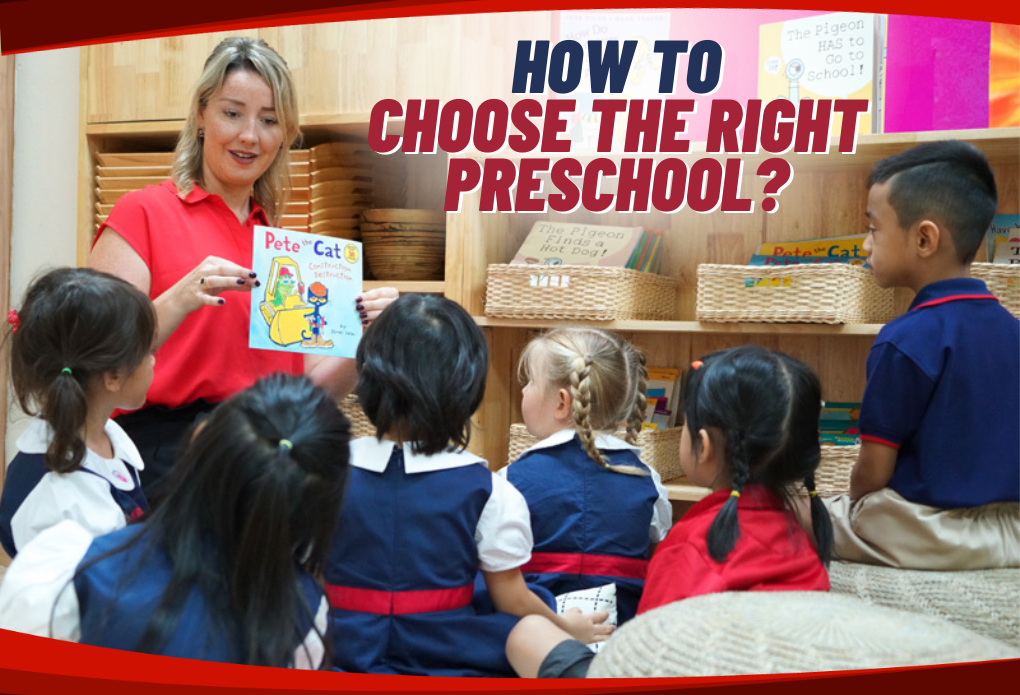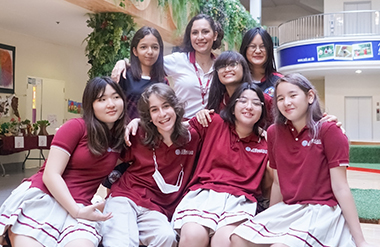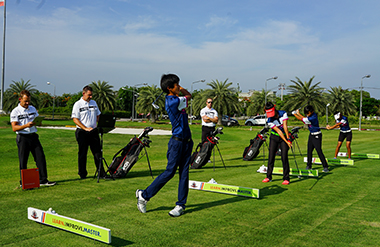
As the world becomes more interconnected and global, many families are seeking out international preschools for their children. These schools offer a unique learning environment that can help children develop important skills, such as language fluency and cultural awareness. In this article, we will explore what to look for during a tour, what questions to ask, and other useful information to help parents decide.
What is an International Preschool?
An international preschool is a school that offers an education that is influenced by different cultures from around the world. These schools typically cater to families who are living in a foreign country or families who want their children to have a multicultural education. International preschools usually offer a curriculum that includes a mix of languages, cultural studies, and academic subjects, such as math and science.
Choosing an International Preschool
When choosing an international preschool, parents should consider a variety of factors, including the school's location, facilities, curriculum, and teachers. Here are some tips to help parents make a decision:
Location: Consider the location of the school and how easy it is to get to from your home or workplace. You may also want to consider the safety of the surrounding neighborhood.
Facilities: Take a tour of the school and look at the facilities, such as classrooms, playgrounds, and restrooms. Make sure that the school is clean and well-maintained.
Curriculum: Ask about the school's curriculum and how it incorporates different cultures and languages. Look for a school that offers a well-rounded education that includes both academic subjects and cultural studies.
Teachers: During a tour, speak to some teachers, learn about their teaching style and find out how much experience they have had working with young children.
Safety and Security: Ask about the school's safety and security measures, such as background checks for staff, emergency procedures, and supervision on the playground.
WHAT TO LOOK FOR DURING A TOUR
During a tour of an international preschool, parents should look for a few key things:
Classroom Environment: Observe the classroom environment and how the teachers interact with the children. Look for a classroom that is welcoming and engaging, with plenty of learning materials and activities.
Language Immersion: If the school offers a language immersion program, observe how the children are learning the language and how it is incorporated into the curriculum.
Cultural Activities: Look for a school that offers cultural activities such as debates ,charity events, painting competitions to help children learn about different cultures.
Playgrounds: Check out the school's playgrounds and make sure that they are safe and age-appropriate.
Questions to Ask
During a tour of an international preschool, parents should ask a variety of questions to help them make their decision. Here are some questions to consider:
What is the student-teacher ratio?
What is the curriculum and how is it structured?
How does the school incorporate different cultures and languages into the curriculum?
How are discipline issues handled?
What is the school's policy on parent involvement?
What are the school's safety and security measures?
Do you offer any programs after school?
Other Useful Information
When choosing an international preschool, parents should also consider the cost of tuition, the school's accreditation, and the school's reputation in the community. It may also be helpful to speak with other parents who have children enrolled in the school to get their feedback and advice.
In conclusion, choosing an international preschool is an important decision that requires careful consideration. By considering factors such as location, facilities, curriculum, teachers, and safety, parents can make an informed decision that will provide their children with a high-quality education that prepares them for success in a globalized world.
It's important to note that each family has its unique needs, preferences, and priorities, and what works for one family may not work for another. Therefore, it's recommended that parents visit several international preschools and compare them based on their criteria before making a decision.
Finally, parents should keep in mind that an international preschool education is just one aspect of their child's development, and that they play a crucial role in fostering their child's curiosity, creativity, empathy, and resilience at home. By working in partnership with the school, parents can create a supportive and enriching learning environment that nurtures their child's potential and prepares them for a bright future.


